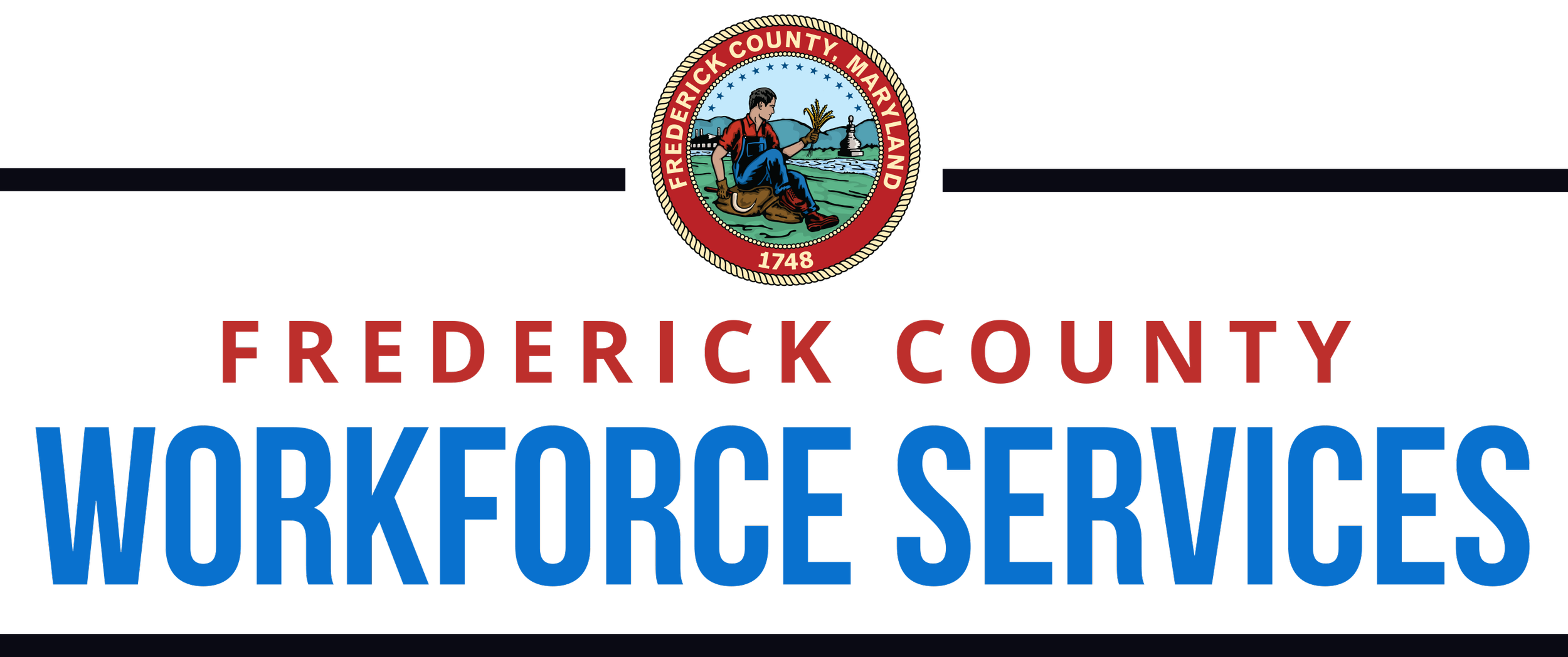Envisioning Your 2021
By Nada Steighner, NCC, CDF
It's crazy to think January 2021 has come and gone in the blink of an eye, as it seems as though the year just started. When the New Year rings in, we customarily make New Year’s resolutions and goals as a way to improve or challenge ourselves. This year is different as we're still reeling from a pandemic that has dealt a blow to many individuals financially, emotionally, physically, and mentally - making the prospect of creating goals (especially career goals) even more challenging.
“For job seekers, this means jobs will be re-opening, remote opportunities will continue to increase, employment gaps will not have the stigma they once held, and there will be more opportunities to be innovative in the workplace. ”
Despite these circumstances, many of us feel optimistic about what the year will bring and career leaders agree with that sentiment. More businesses now have policies in place to handle the crisis and are therefore more comfortable with conducting business virtually. For job seekers, this means jobs will be re-opening, remote opportunities will continue to increase, employment gaps will not have the stigma they once held, and there will be more opportunities to be innovative in the workplace.
Even more importantly, this new normal signifies that it's okay to dream again and start career planning. As a former therapist, I helped many clients make achievable goals for themselves. From this experience, I became aware of 5 components of successful goal setting:
1: Define Your Goals
When making goals don't just focus on the big picture. It's easy to say "I want a new job" but will you truly be satisfied? You probably have some standards or expectations you're trying to meet which ultimately means that just any job won't do. Try to define your goal more clearly such as, "I want a full-time job working in the marketing and communications field making at least $50,000/ year with benefits." When you target your goal to include specific desires, it will help you weed out jobs or companies that don’t measure up.
2: Make Your Goals Measurable
Based on the goal you have defined, you need to identify what steps will be necessary to reach this goal. Using the goal statement above, you might need to do some labor market research nationally and locally, update your resume, or participate in some skills training. Whatever it is that you decide, know that you are developing smaller steps that you need to accomplish to reach that goal. If needed, this would be the time to reevaluate your goals and adjust your action plan steps. Additionally, only limit yourself to 1-2 major goals as the process will be less overwhelming and easier to attain.
3: Be Accountable
When making a goal it's hard to stay on track and keep focused. If you're keeping your goals to yourself, it's easy to forget them and let yourself "slide" if you fall off or completely dump them altogether. Try sharing your goals with others or find an accountability app such as Atracker or Habitica. Here’s a full list of accountability apps that might be helpful to you.
4: Plan For Setbacks
Let's be honest, life will ultimately get in the way (unexpected occurrences, getting busy, and so on) and it's hard to stay on track when that happens. That's why it's important to plan for the unexpected as best as you can before it happens. Think of scenarios that might occur that would take your focus from completing your tasks and write down what you will do if each scenario happens. If you have a preventative plan, it will be easier to stay motivated and get back on track.
5: Commit To Action
This has got to be the most important component of goal planning. Saying you're going to do something and actually doing something are two different things. While many individuals are motivated to change, many don't actually do so because it requires being regimented and changing your mindset. You really have to believe that the change you're making is a good thing and that can be hard to do. If you believe your career goals are worthwhile but might take a long time, try to break up your goals as much as possible into manageable parts.
Last, but not least, have fun and reward yourself when you make even minor progress. If you want to be creative, try making a vision board. They can be as simplistic or as elaborate as you’d like. There are several ways to get started such as with Pinterest, Visuapp (available on the Android and Apple app store), or CANVA. You could also get crafty by using magazines, paper, and other materials.
Lastly, if you’d like to explore additional resources to help you achieve your career goals in 2021, consider joining an upcoming virtual workshop to learn about free one-on-one career services.


